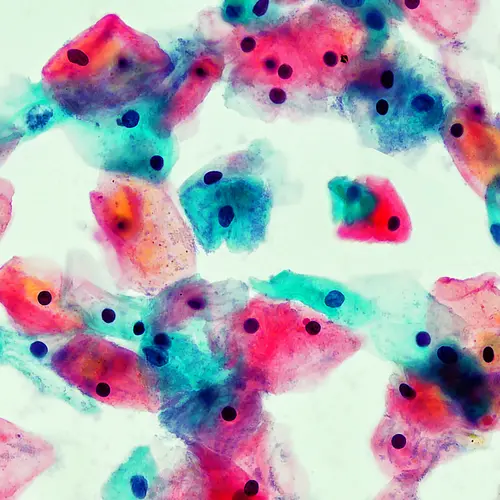A diagnosis of Waldenstrom’s macroglobulinemia (WM) can leave you feeling overwhelmed. You need to make treatment decisions, deal with physical symptoms and disruptions to your routine, and manage the emotions a cancer diagnosis brings up. This is where a good support system can really help.
Building a network of family, friends, peers, and professionals you can rely on puts you in a better position to manage your condition. It improves your quality of life too.
Communicate With Your Care Team
WM is a complex type of cancer that's also complicated to treat. You'll likely work with a team of health care professionals that may include an oncologist, hematologist, nurses, social workers, and more.
Take advantage of your time with these professionals to learn as much about your condition and its treatments as possible. This helps you gain a feeling of control and make informed decisions about your health. To make the most of your appointments, you might:
- Bring a list of questions and concerns, including any new symptoms you may have
- Take notes to help you remember what the doctor said
- Bring a loved one along to ensure you don't leave out anything important
Your health care team can also direct you to other resources, ranging from online educational materials to support groups to programs that help pay medical bills.
Reach Out to Loved Ones
Everyone reacts to a cancer diagnosis differently. When you first learn you have WM, you might not feel like talking about it. Or you may think that you need to be strong, so your family and friends don't worry so much.
Both are valid reactions. But researchers have learned that, for people who have cancer, the support of loved ones has a major effect on quality of life.
So when you're ready, reach out to trusted family members and friends. Keep in mind that they may not know how best to help you, and fear saying the wrong things. Tell them you'd like to talk. Or be specific about what you'd like them to do.
You might ask loved ones to:
- Do research on WM to help you better understand the condition
- Run errands for you
- Help with a household chore
- Do something fun to get your mind off your condition
- Just listen
Realize that the kind of support you need may change over time. While WM is a slow-growing type of cancer, there's no cure. So you could face several rounds of treatment, remission, and treatment again.
Find a Support Group
Sometimes, it's easier to talk about your condition with someone besides your family and friends. Support groups connect you with others with WM or other cancers. Members can share firsthand experiences, treatment plans, day-to-day difficulties, and coping tips.
Your caregivers and loved ones also might benefit from joining a support group aimed at their needs.
Support groups can meet in person, virtually, or online. You can also find social media groups for people with WM.
Your hospital or local cancer center may offer support groups. A social worker or case manager can connect you to local groups. You can also find them through:
- The International WM Foundation (IWMF)
- The Leukemia and Lymphoma Foundation
- The American Cancer Society
The IWMF can also connect you one-on-one with a volunteer who has WM, over the phone or through email. The Lymphoma Research Foundation offers a similar program called the Lymphoma Support Network.
See a Mental Health Professional
Cancer affects your emotional well-being as well as your physical health. If you're struggling to overcome feelings of stress, anxiety, or sadness, it may be time to see a counselor, therapist, or psychiatrist. A mental health professional can help you manage your emotions and learn to deal with challenges. Sometimes, even a few sessions will do the trick.
Your doctor or others on your health care team may be able to help you find a mental health professional who specializes in treating people with cancer.
If you need help paying for mental health care, your oncology team might know where you can find counseling services with income-based fees. Some hospitals and cancer clinics offer free counseling services.
For people living in New York or New Jersey, the nonprofit group CancerCare offers free counseling with social workers who specialize in cancer care. You can call their HopeLine at 800‑813‑HOPE (800-813-4673).
Look for Financial Help
Besides being emotionally and physically draining, WM takes a toll on you financially. The cost of cancer treatments like chemotherapy and plasma exchange can add up quickly. Even if your insurance covers most of your care, you'll probably have co-pays and deductibles to pay.
Additional costs, like time off work and transportation to treatment, can drain your bank account too. But there are financial resources that can help.
If you're having trouble paying for cancer-related expenses, members of your care team like a case manager or oncology social worker can refer you to financial support services. You can also check out the Cancer Financial Assistance Center and the Partnership for Prescription alliance online.
You may be able to find programs to assist with:
- Medical bills
- Insurance reimbursements
- Drug costs
- Nonmedical services like transportation or lodging
National and local nonprofit groups can help in a number of ways. For example, the Leukemia and Lymphoma Society and American Cancer Society both offer programs to help with co-pays and travel.

